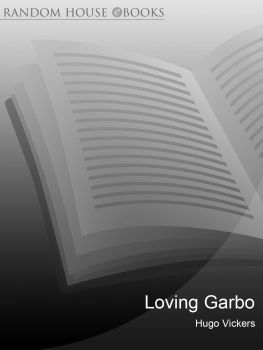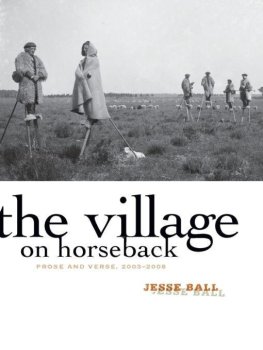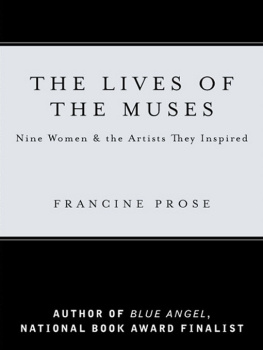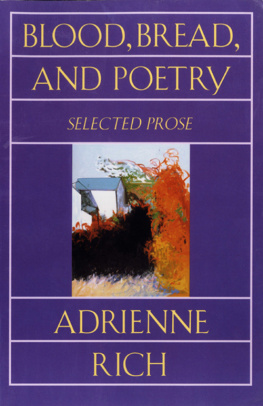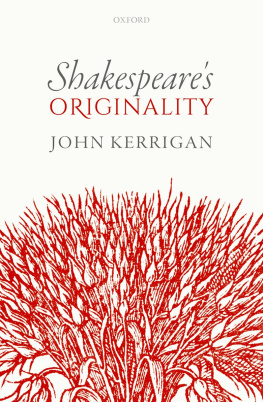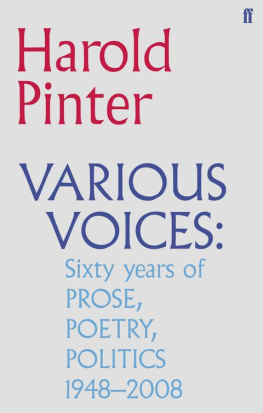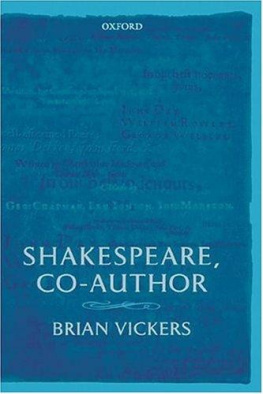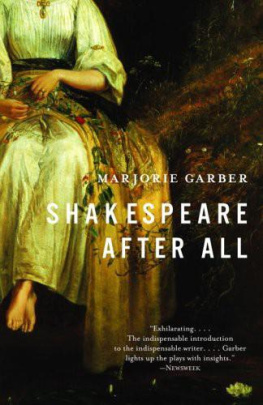Routledge Library Editions
THE ARTISTRY OF
SHAKESPEARES PROSE

SHAKESPEARE
Routledge Library Editions Shakespeare
CRITICAL STUDIES
In 36 Volumes
| I | Shakespeares Poetic Styles | Baxter |
| II | The Shakespeare Inset | Berry |
| III | Shakespeare | Bradbrook |
| IV | Shakespeares Dramatic Structures | Brennan |
| V | Focus on Macbeth | Brown |
| VI | Shakespeares Soliloquies | Clemen |
| VII | Shakespeares Dramatic Art | Clemen |
| VIII | A Commentary on Shakespeares Richard III | Clemen |
| IX | The Development of Shakespeares Imagery | Clemen |
| X | Shakespeare | Duthie |
| XI | Shakespeare and the Confines of Art | Edwards |
| XII | Shakespeare the Dramatist | Ellis-Fermor |
| XIII | Shakespeares Drama | Ellis-Fermor |
| XIV | The Language of Shakespeares Plays | Evans |
| XV | Coleridge on Shakespeare | Foakes |
| XVI | Shakespeare | Foakes |
| XVII | Shakespeares Poetics | Fraser |
| XVIII | Shakespeare | Frye |
| XIX | The Shakespeare Claimants | Gibson |
| XX | Iconoclastes | Griffith |
| XXI | That Shakespeherian Rag | Hawkes |
| XXII | The Living Image | Henn |
| XXIII | Shakespeare, Spenser, Donne | Kermode |
| XXIV | Themes and Variations in Shakespeares Sonnets | Leishman |
| XXV | King Lear in Our Time | Mack |
| XXVI | Shakespeare as Collaborator | Muir |
| XXVII | Shakespeares Sonnets | Muir |
| XXVIII | The Sources of Shakespeares Plays | Muir |
| XXIX | The Voyage to Illyria | Muir & |
| OLoughlin |
| XXX | Shakespeare | Nicoll |
| XXXI | The Winters Tale | Pyle |
| XXXII | The Problem Plays of Shakespeare | Schanzer |
| XXXIII | Swearing and Perjury in Shakespeares Plays | Shirley |
| XXXIV | The Artistry of Shakespeares Prose | Vickers |
| XXXV | Literature and Drama | Wells |
| XXXVI | Readings on the Character of Hamlet | Williamson |
THE ARTISTRY OF
SHAKESPEARES PROSE
BRIAN VICKERS

First published in 1968
Reprinted in 2005 by
Routledge
2 Park Square, Milton Park, Abingdon, Oxon, OX14 4RN
Transferred to Digital Printing 2008
Routledge is an imprint of the Taylor & Francis Group
1968 Brian Vickers
All rights reserved. No part of this book may be reprinted or reproduced or utilized in any form or by any electronic, mechanical, or other means, now known or hereafter invented, including photocopying and recording, or in any information storage or retrieval system, without permission in writing from the publishers.
The publishers have made every effort to contact authors/copyright holders of the works reprinted in Routledge Library Editions Shakespeare. This has not been possible in every case, however, and we would welcome correspondence from those individuals/companies we have been unable to trace.
These reprints are taken from original copies of each book. In many cases the condition of these originals is not perfect. The publisher has gone to great lengths to ensure the quality of these reprints, but wishes to point out that certain characteristics of the original copies will, of necessity, be apparent in reprints thereof.
British Library Cataloguing in Publication Data
A CIP catalogue record for this book
is available from the British Library
The Artistry of Shakespeares Prose
ISBN 0-415-35307-6
ISBN 0-415-33086-6 (set)
Miniset: Critical Studies
Series: Routledge Library Editions Shakespeare
It is very pleasing that The Artistry of Shakespeares Prose is being reissued. The book had its genesis in 1962, when the examiners for the Cambridge University Harness Prize Essay (John Northam and Anne Barton) fortunately chose Shakespeares Prose as its topic. Coincidentally, I had been working for three years on a doctoral dissertation on the prose style of Francis Bacon and his use of traditional forms and techniques, and had steeped myself in classical rhetoric. Turning to Shakespeare from this perspective I was able to appreciate the pioneering work of two American scholars in the 1940s, T.W. Baldwin and Sister Miriam Joseph, who had shown the extent to which Shakespeares grammar-school education had trained him in the compositional techniques codified by Renaissance humanism, especially the arts of language. Suddenly I could see how Shakespeare had deployed these skills in prose, no less than in verse, and how he had integrated the schemes and tropes so fluently into dramatic speech that they had gone virtually unnoticed for over three hundred years. My sense of rediscovery, of being a modern who could live with the ancients on their terms and in their idioms, lent an excitement to the writing of this book which is still tangible, Im glad to say. (Although I could wish that some of the sentences were shorter.) Having won the prize, I expanded my essay into a book which apperared in 1968, the same year in which I published Francis Bacon and Renaissance Prose (Cambridge University Press), an unusual feat.
That intensive training in Renaissance rhetoric and practice, literary theory (under the helpful guidance of Robert Bolgar, a scholar whose vast learning went with a disarming modesty and an infectious sense of humour), set one direction of my subsequent research and writing, in such books as Classical Rhetoric in English Poetry (Macmillan, 1970; revised edition Southern Illinois University Press 1989), In Defence of Rhetoric (Oxford University Press 1989, 3rd edition 1997), and English Renaissance Literary Criticism (Oxford University Press 1999 for 2000). All three deal with Shakespeare incidentally, and I published some more detailed essays on related topics: Shakespeares Use of Rhetoric, in A New Companion to Shakespeare Studies, eds K. Muir and S. Schoenbaum (Cambridge University Press 1971), reprinted in A Reader in the Language of Shakespearean Drama, eds V. Salmon and E. Burness (Amsterdam: Benjamins 1987); Rhetoric and Feeling in Shakespeares Sonnets, in Shakespeare Today, ed. K. Elam (Florence 1984); and Rites of Passage in Shakespeares Prose in Shakespeare Jahrbuch (1986), reprinted in my own collection of essays, Returning to Shakespeare (London: Routledge 1989). I have not yet written the parallel book I have long had in mind, on rhetoric in Shakespeares verse, but the inspiration may yet come to me.
Two final notes: all Shakespeare quotations come from C. J. Sissons edition (London 1953) with line-references to the Globe edition; and the chapter title Gay Comedy uses an older, more innocent sense of the word.
Brian Vickers
London, July 2004


